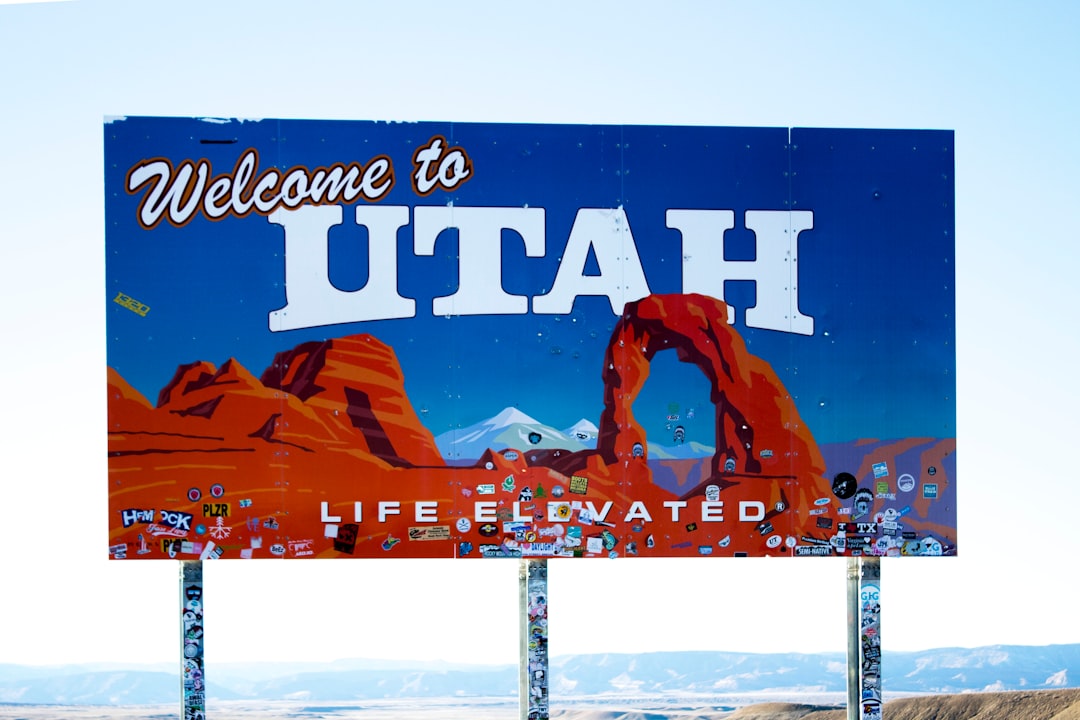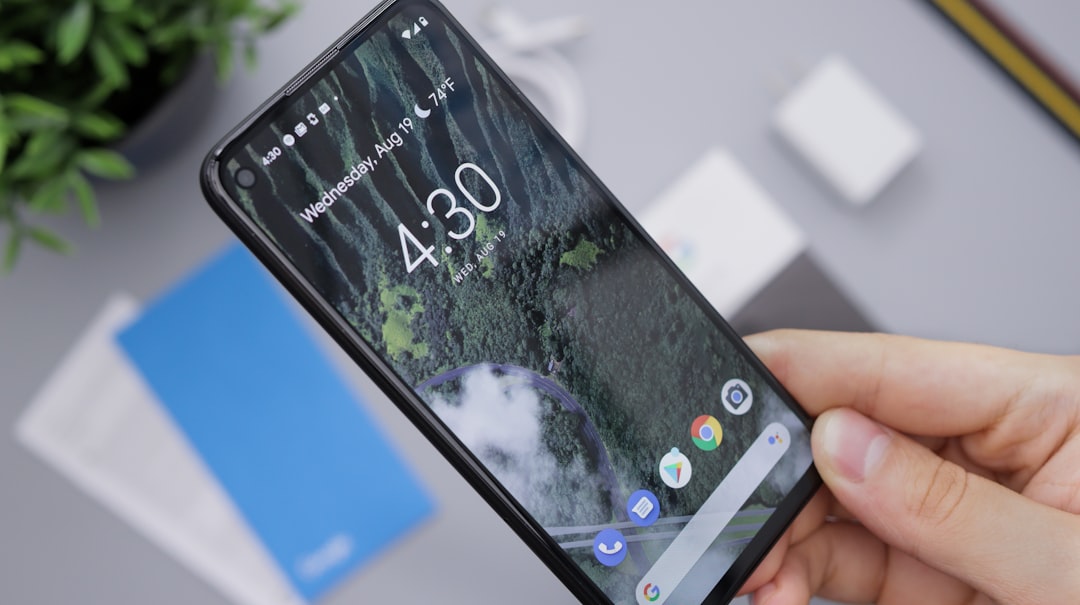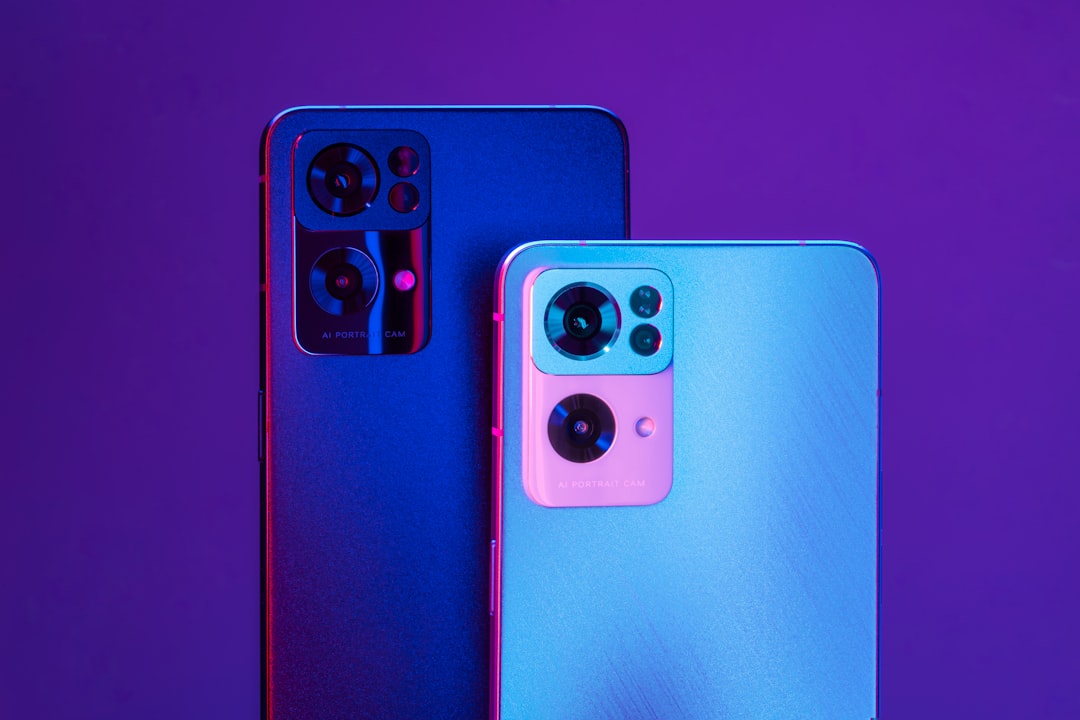Utah's strict "Do Not Call" laws regulate unsolicited messages from law firms, prioritizing individual privacy and consumer protection. These rules prohibit promotional contacts from lawyers without prior consent, with exceptions for existing relationships or emergencies. Compliance is crucial to avoid legal issues and maintain a consensual attorney-client dynamic, while these regulations reflect Utah's commitment to stringent consumer protections.
In the digital age, understanding the rules governing unsolicited messages is paramount, especially in Utah where strict regulations are in place. This article delves into the intricate details of Utah’s do-not-call laws and their implications on businesses, focusing on unsolicited communication types, legal context, and best practices to ensure compliance. From defining ‘unsolicited messages’ to exploring penalties for non-compliance, we guide law firms and enterprises alike on navigating these laws to foster positive customer relationships while avoiding legal pitfalls in Utah.
# Rules for Unsolicited Messages in Utah Law

In Utah, regulations regarding unsolicited messages, particularly those from law firms, are designed to protect individuals and businesses from unwanted contact. The Utah Attorney General’s Office outlines clear guidelines for attorneys and law firms to adhere to when communicating with potential clients. One of the primary rules is the prohibition on making telephone calls or sending messages without prior express consent. This means that law firms must obtain explicit permission before reaching out, especially through phone calls or text messages, often referred to as “Do Not Call” laws.
These regulations are in place to ensure that individuals are not overwhelmed by unsolicited legal advice or marketing. Utah law allows for exceptions, such as when the communication is in response to a pre-existing business relationship or where there is an emergency situation. However, for most cases, adhering to these rules is crucial to avoid potential legal repercussions and maintain a respectful, consensual relationship between attorneys and their prospective clients.
Understanding Unsolicited Messages and Their Legal Implications

Unsolicited messages, often in the form of telemarketing calls or text ads, are a ubiquitous part of modern communication. In Utah, as in many states, these messages have legal implications, primarily centered around consumer protection and privacy rights. Understanding what constitutes an unsolicited message is crucial; it generally refers to any marketing or promotional contact initiated by a business or individual without prior explicit consent from the recipient.
The Do Not Call laws in Utah aim to safeguard residents from unwanted and intrusive messaging, particularly from law firms. These laws provide individuals with the right to opt-out of such communications, offering a level of control over their personal information and privacy. Compliance with these rules is essential for businesses to avoid legal repercussions, ensuring that their marketing efforts respect the boundaries set by Utah’s consumer protection legislation.
– Definition of unsolicited messages

Unsolicited messages, in the context of Utah law, refer to any communication initiated by a sender who has not been explicitly invited or requested to reach out by the recipient. This includes phone calls, text messages, emails, and other forms of digital messaging. The primary focus here is on commercial or promotional content, often referred to as telemarketing, which is typically unsolicited in nature.
In Utah, businesses and individuals who engage in unsolicited messaging are subject to certain legal restrictions. Particularly, the Do Not Call laws aim to protect residents from unwanted communication, especially regarding law firms. These rules prohibit such messages unless the recipient has given prior consent or there’s an established business relationship.






